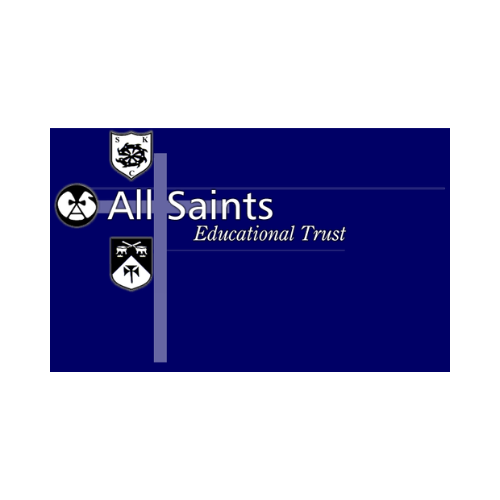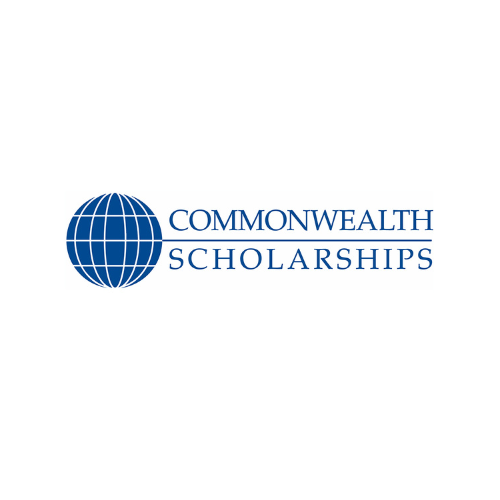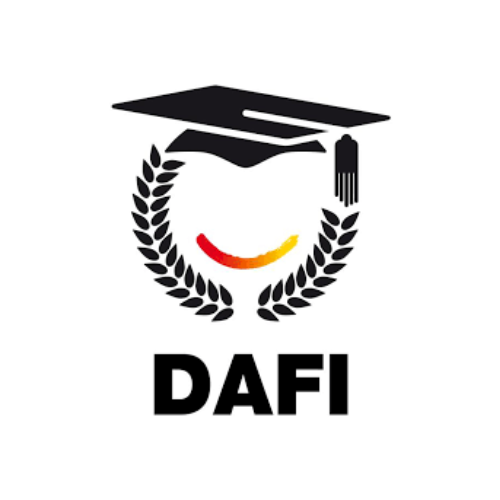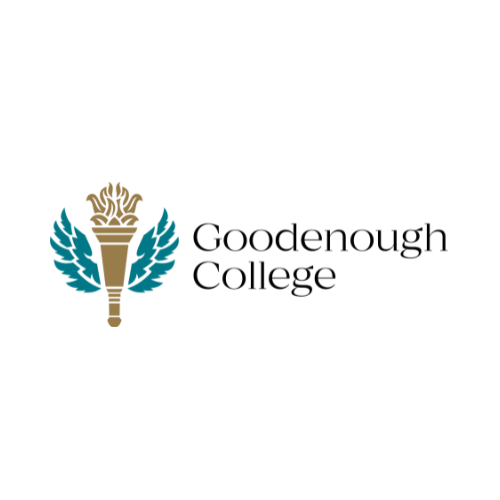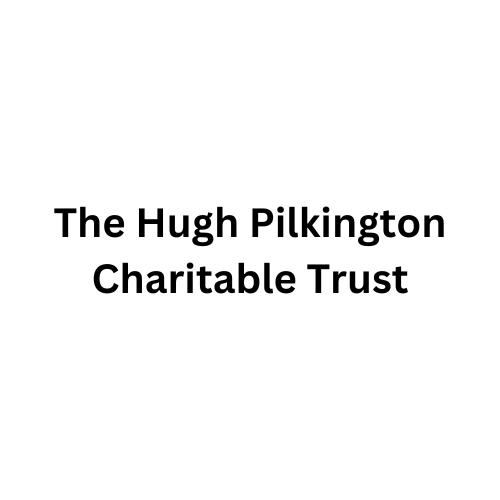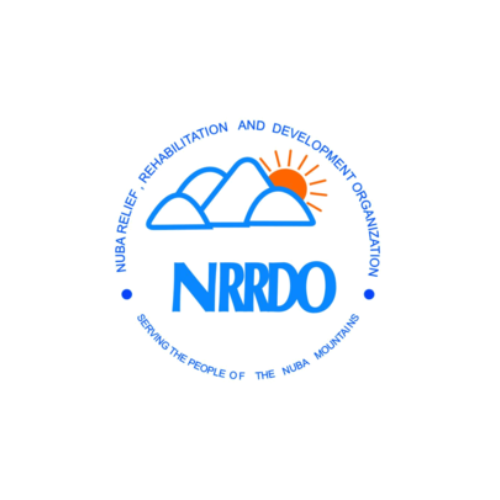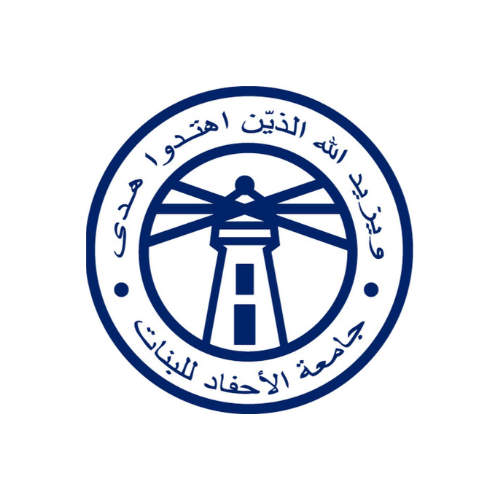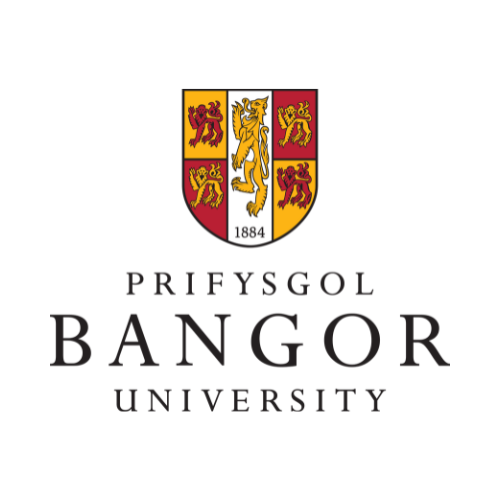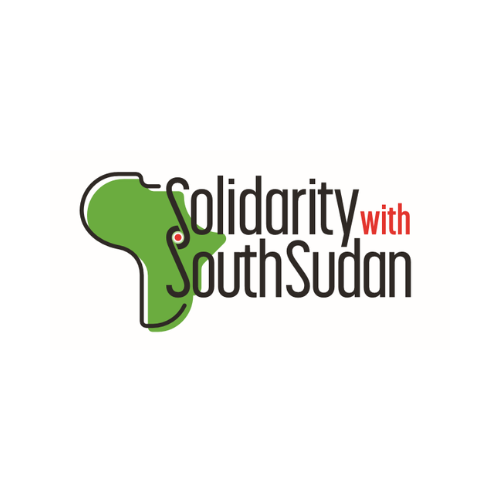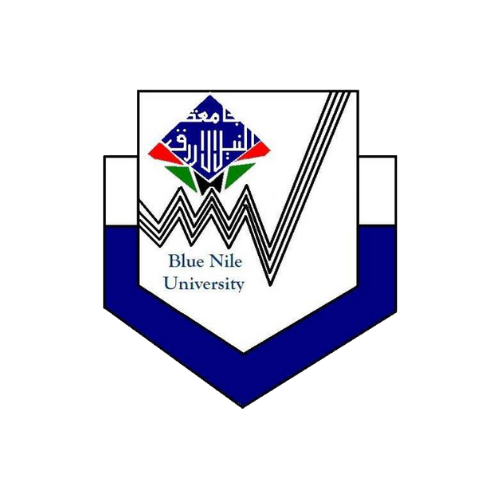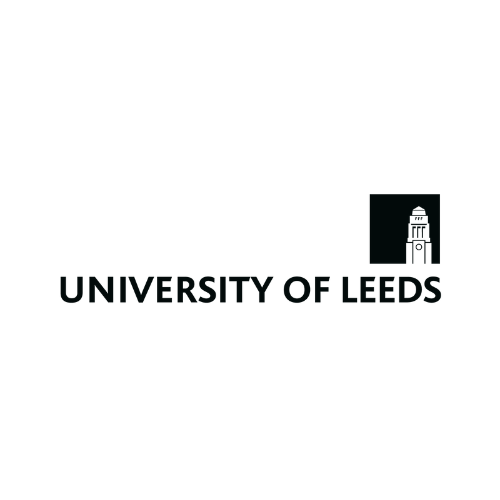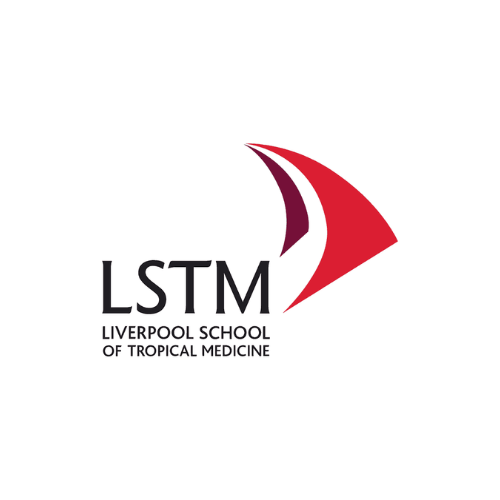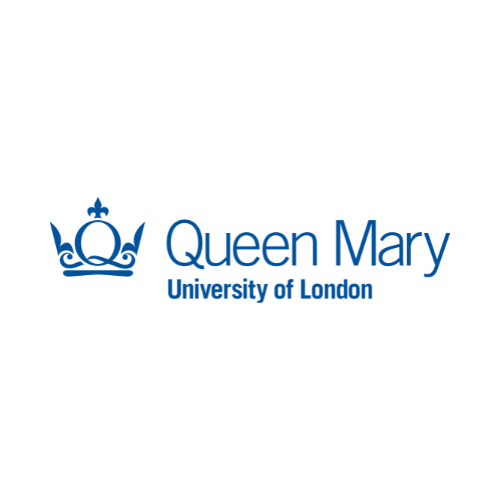Why scholarships?
Windle Trust International and its founding charity the Hugh Pilkington Charitable Trust have been offering tertiary scholarships to students from East Africa for almost four decades. We boast a scholarships alumni of over 7,000 individuals and have invested millions of pounds into scholarship funding.
Why do we think this is so important?
Although Windle Trust International now works broadly in East African education (find out more about our strategy and what we do) we were founded as a scholarships awarding organisation and they remain an intrinsic part of our mission. Through all of our work we aim to create a world where everyone has the opportunity, through education and training, to make the most of their potential and contribute to public good.
The Windle story began when our founder, Hugh Austin Windle Pilkington, decided to support a number of Ethiopian refugees that he met whilst working at Nairobi University in Kenya. Hugh recognised their potential and strongly believed that no one should be denied access to education because of their circumstance. Through his own funds and connections, Hugh provided scholarships for a number of Ethiopian refugees to continue their education at the Universities of Oxford and Cambridge in the UK. After his death in 1986 the Hugh Pilkington Charitable Trust was formed and continued his work to bring students from East Africa to study in the UK. From humble beginnings, this programme lives on today in the form of Windle Trust International’s Postgraduate Programme.
“In setting up the Windle Trust, I have the following intentions in mind:
The Trust should aim to invest in people - in their training, rather than in improving their immediate lot, i.e. I would rather that the Trust sponsored someone’s training than that it put food today into the mouths of the hungry, which is not investment.”
Since our simple beginnings when one man saw a need amongst those he worked with, we have grown immeasurably through our partnerships and collaborations. Alongside the Hugh Pilkington Charitable Trust, we’ve received generous scholarship support from trusts and foundations such as the Pharo Foundation and All Saints Educational Trust. We collaborate closely with major international institutions also, managing the German DAFI programme in Sudan and working as a nominating agency for the Commonwealth Scholarships Commission in the UK. DAFI is funded by UNHCR and provides undergraduate scholarships to refugees, the Commonwealth Scholarships Commission provides development led postgraduate scholarships on behalf of the UK government. Partnerships such as these allow us to leverage funding opportunities and expand access to education beyond anything we could achieve alone. With these partnerships we have been able to provide programmes measured not in years, but in decades: we’ve been bringing scholars to the UK since Hugh’s work in the 1970s, supporting secondary and undergraduate scholarships in Sudan since the 1990s, and are excited to launch a new programme in 2023 to provide scholarships for residents of Sudan and South Sudan to study in other parts of Africa.
Although the scholarships landscape has changed greatly from Hugh’s early contributions, Windle Trust International still believes that scholarships have an important role in supporting East Africa.
What do scholarships support?
Individual development
We believe that the provision of scholarships can help East African students to access higher education, which can improve their employability and earning potential. This can help lift individuals and their families out of poverty and improve their standard of living. For example, we have supported students like Amal, a recipient of an undergraduate scholarship in Sudan who is now able support her sisters’ education as well as her own. Our support for and recognition of individuals is a legacy of Hugh’s approach to scholarships. He was concerned by the idea of scholarship providers not knowing if their students had even completed, never mind what they did next, and believed that it was important to follow-up with scholars throughout their lives. Through our active alumni community Windle Trust International are still in contact with great numbers of our former students, including some of those from the charity’s earliest days. Our postgraduate alumni were surveyed as part of a 10-year review in October 2020, with almost all believing that the scholarships they received benefitted themselves, their careers, their families, their communities, and their countries.
Human capital development
Higher education can also lead to the development of a more skilled and educated workforce, which can help drive economic growth and development in East Africa. Scholarships provide for more than short-term emergency support and build the foundations for the development of a strong society moving forwards. With this is mind, we provide scholarships in a wide range of fields and have supported students to study areas such as agriculture, law, education, health, economics, business, and the English language as well as others. This means that our alumni are now spread across regions, fields and sectors; all contributing to development in different ways.
Brain gain
Scholarships for East African students can help combat the brain drain problem, where many talented and educated individuals leave Africa for better opportunities abroad. By providing access to education and career opportunities, scholarships can help retain talented individuals in Africa and support the development of their home countries. Brain drain is also a major concern in designing overseas scholarship programmes – that students will not return, and that we have contributed to bringing East Africa’s best and brightest minds away from the region and so harming rather than helping development efforts. Windle Trust International combats this through our in-depth face-to-face interviews with each candidate where we are able to get to know each individual well before their scholarship, as well requiring scholars to contractually agree to return to their home countries within 4 weeks of graduation and working closely with students whilst on their scholarships. WTI is proud to maintain a return-to-Africa rate in its overseas scholarships that exceeds 90% and firmly believe that we are supporting brain gain rather than drain.
Cultural exchange
Scholarships can also promote cultural exchange and understanding between countries. Students who study abroad can bring back new ideas, knowledge, and perspectives that can benefit their home countries, and they can also serve as ambassadors for their countries while they are abroad. This is a particularly important principle of our Postgraduate Programme. Whether through our traditional programme where scholars are supported in the UK, our Distance Learning programmes, or our newly launched James Aryam Scholarship Programme where students from Sudan and South Sudan are supported to study in Uganda, we believe that it is important to ensure an international element to our postgraduate level programming and have written this in to the programme’s underlying principles.
International Development
Scholarships can also help in international development as a more educated and skilled workforce can contribute to the achievement of the United Nations Sustainable Development Goals (SDGs), which include reducing poverty, promoting gender equality, and improving access to education. Throughout our interview, selection, and awarding processes, we assess our applicants’ impact potential. This could be through their face-to-face interviews or through their development impact statements, but we ensure that all scholarship awardees have well-thought out and realistic plans for how they will use their new knowledge and skills.
In conclusion
At Windle Trust International we see scholarships as a fundamental tool in achieving our mission and vision. As well as contributing to one of our key strategic objectives, increasing access to education and continuing the legacy of our founder, scholarships are an important way in which individuals, communities, societies and countries can be invested in, solving some of the challenges with which East Africa still struggles.
With thanks to our partners
We could not offer any of our scholarships without our scholarships partners. We are proud to collaborate with a great range of organisations to support scholarships for students from East Africa.
Article by Alex Bent - Based in our Oxford office, Alex is a WTI Programme Manager. He manages the Postgraduate Programme as well as the relationships with many of our UK and European based partners.
Across all of Windle Trust International’s scholarships we aim to:
Provide international development support to the regions of Africa in which we work.
Increase gender equity through the provision of targeted educational opportunities for women and girls.
Provide opportunities for otherwise marginalised individuals, including but not limited to: refugees; Internally Displaced Persons, disabled persons; females; those from minority backgrounds.
Prepare students for transition into meaningful employment or entrepreneurial opportunities.
Develop sustainability and continuity of scholarship programmes through the involvement of alumni in developing programme direction.
Partnering with educational institutions in the regions of Africa in which we work in a bid to enhance their capacity.
Develop needed technical and leadership capacity in our countries of operation.



